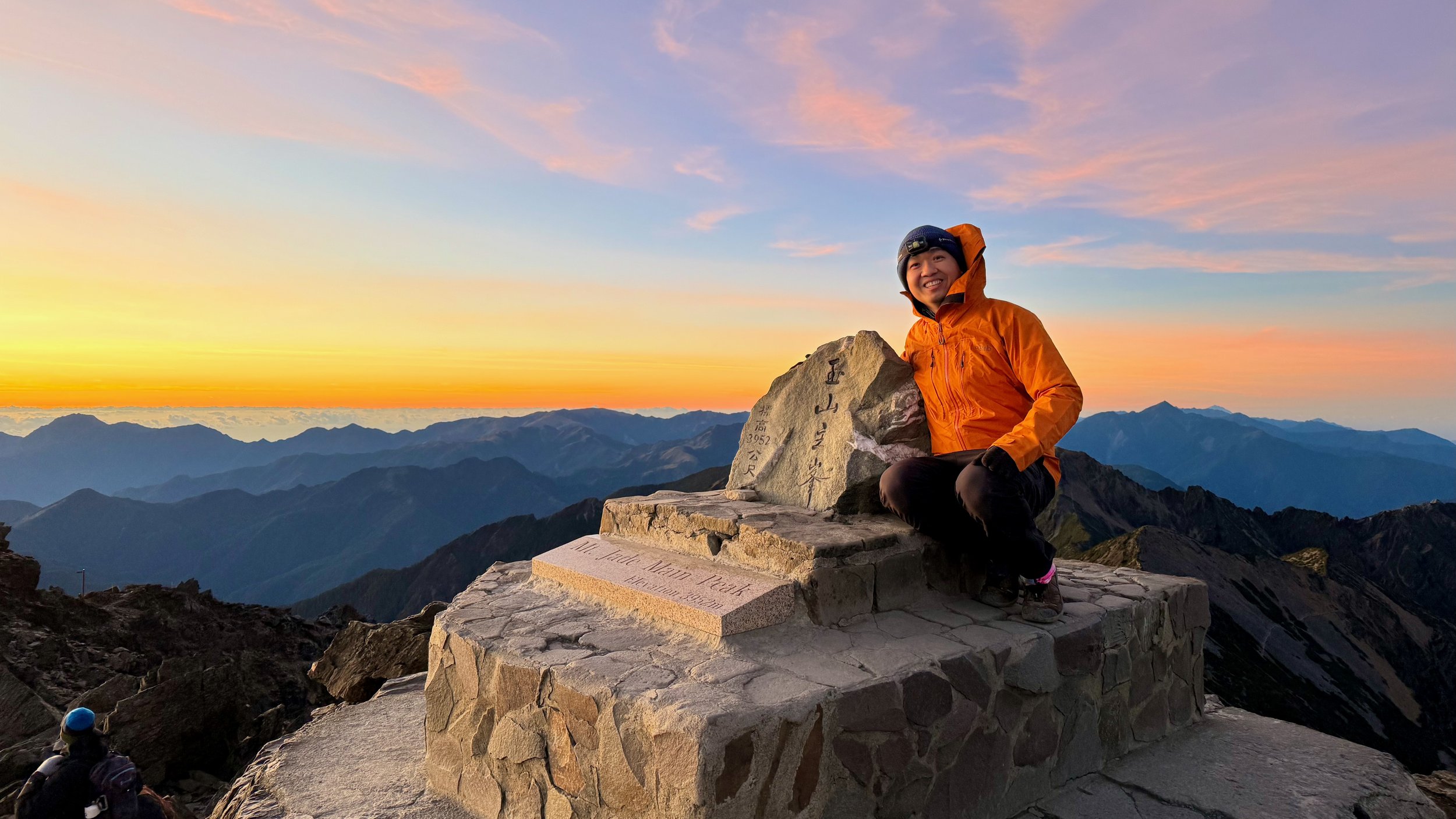Balance and Stillness for the Goal- and Action-Oriented Achiever
/I have always been a goal- and action-oriented achiever.
Perhaps it's the way my brain is built. Whatever I'm interested in, whether in my studies, at work, or for leisure, I tend to be intense and go deep. I obsess over whatever I'm engaged in. Once I commit to something, I set a goal, I aim high, and I take action.
This way of being served me well in school and helped me succeed in my career. Even in my recreational activities and interests, this focus has helped me accomplish more than I otherwise would have. I summited Mt Jade in 2023, scuba-dived intensively (60 logged dives) in 2022, and learned rock climbing and flying before that.
Yushan (Mt Jade) Summit, 6am, 23 Nov 2023.
I felt uneasy when I started this year without a "flagship" goal or purpose.
I've been listening to The Happiness Lab and learning about positive psychology, emotional well-being, and stoic philosophy. They pointed towards living a balanced life, growing social connections and relationships, maintaining health and fitness, growth and development, experiences over possessions, time affluence over financial hedonic rat race, and so on.
In my annual review and planning, I put all those ideas and principles into my plans. In doing that, it is clear I cannot intensively focus on any one area if I want to have balance. There is no singular tentpole goal or purpose -- and that has been emotionally challenging for me. I felt lost without that shiny goal to shoot for.
My mentor reminded me that maintaining a balanced life can be my goal and purpose, and it's a worthwhile one. We use balanced scorecards in business, so why shouldn't we do the same for our lives?
That subtle shift in thinking helped settle my mind and my goal- and action-oriented tendencies.
Coincidentally, I just finished Stillness Is The Key by Ryan Holiday. Leisure - an activity done for enjoyment without any external justification - is one way to instil stillness in our lives.
Some people play sports or travel to escape from what they do not want to face - but that just postpones the inevitable. "The bill comes due."
This year, I'm also planning to create. I have always consumed a lot - reading, watching, and listening. But it's time for me to produce.
Writing (and making videos) forces me to clarify my thinking and test them in the world by sharing them. Writing forces me to struggle with the tough problems and ideas in my mind on the page. There is no escape.
Once I have laid bare my thoughts, a mentor, a book, or a friendly discussion in real life or online can give me insights that change how I think.
You can help shape how I think, just as I hope my writings and videos can nudge your thinking, too. Leave a comment or message me directly. I'd love to hear your thoughts.


